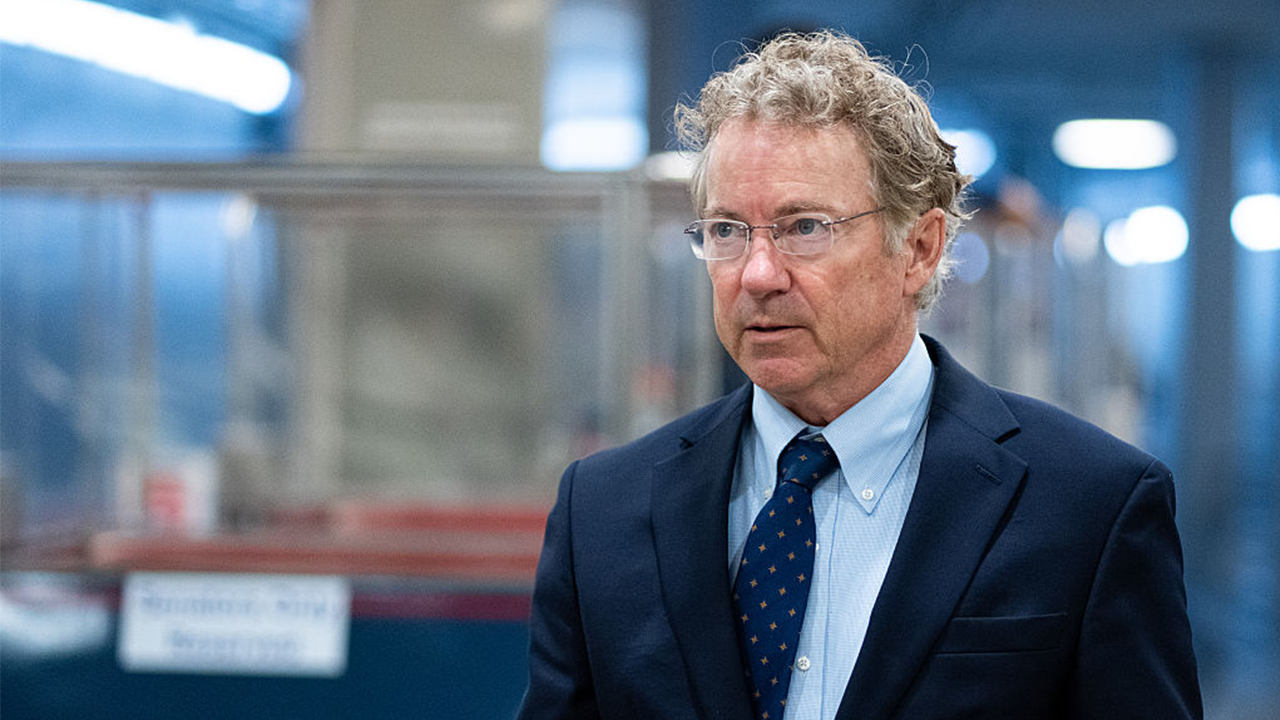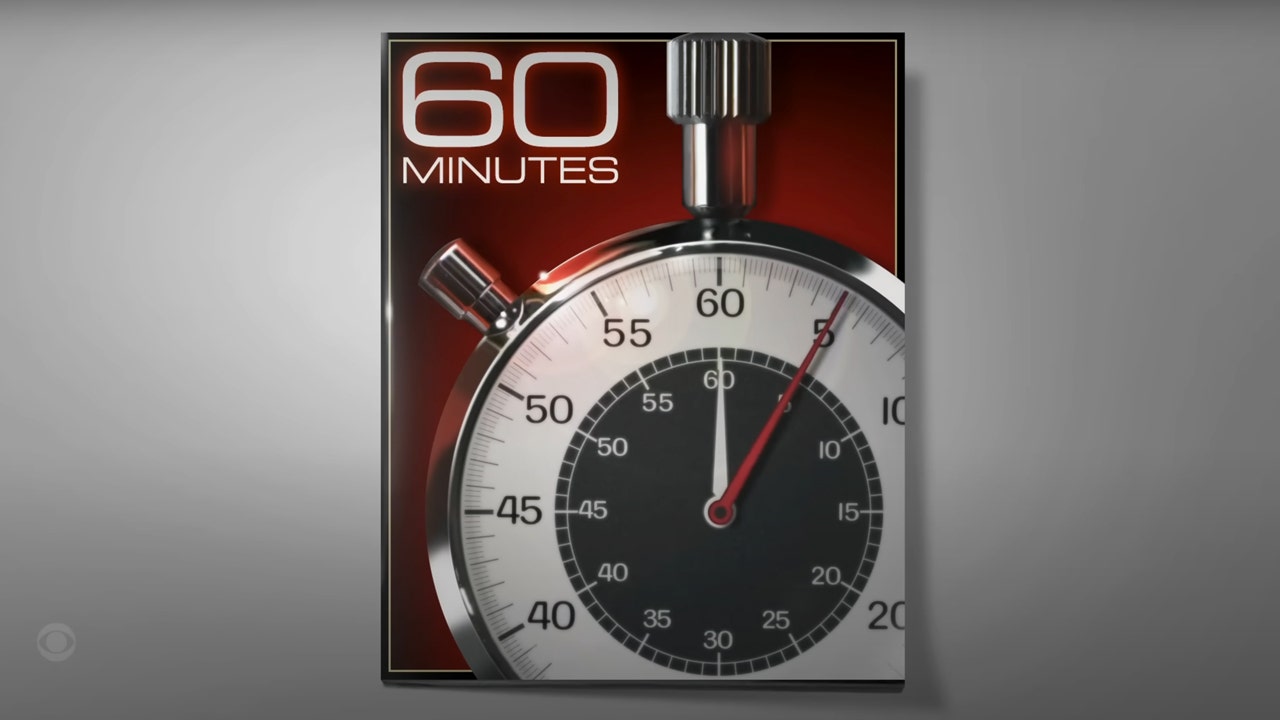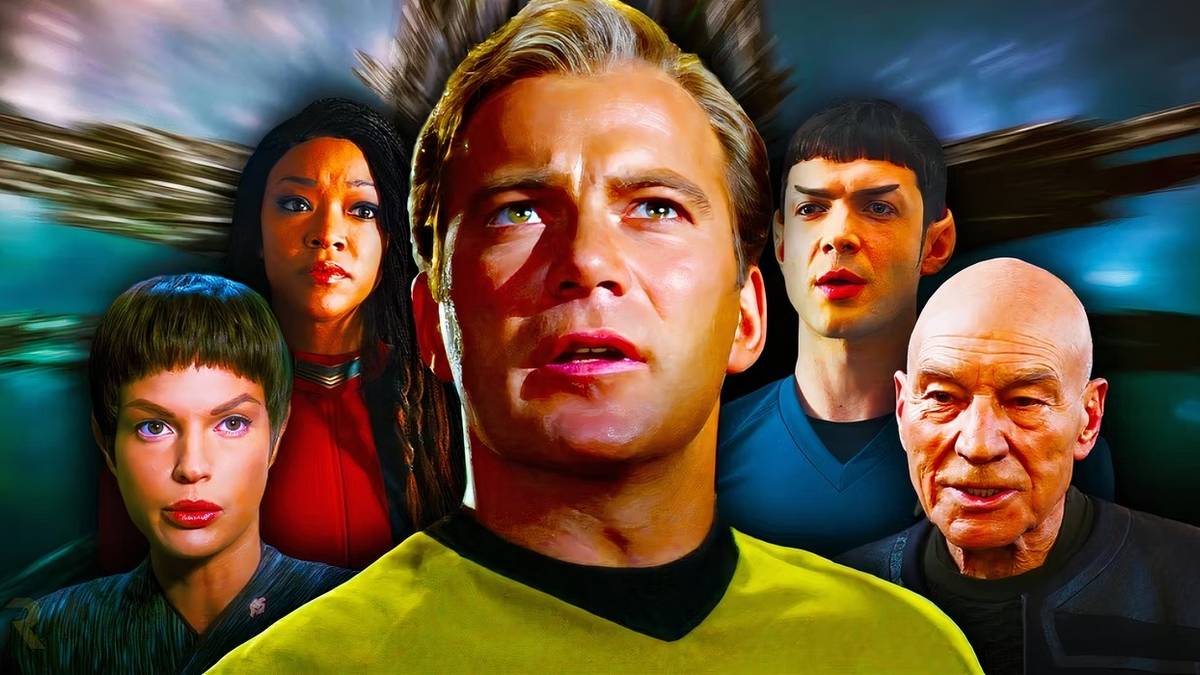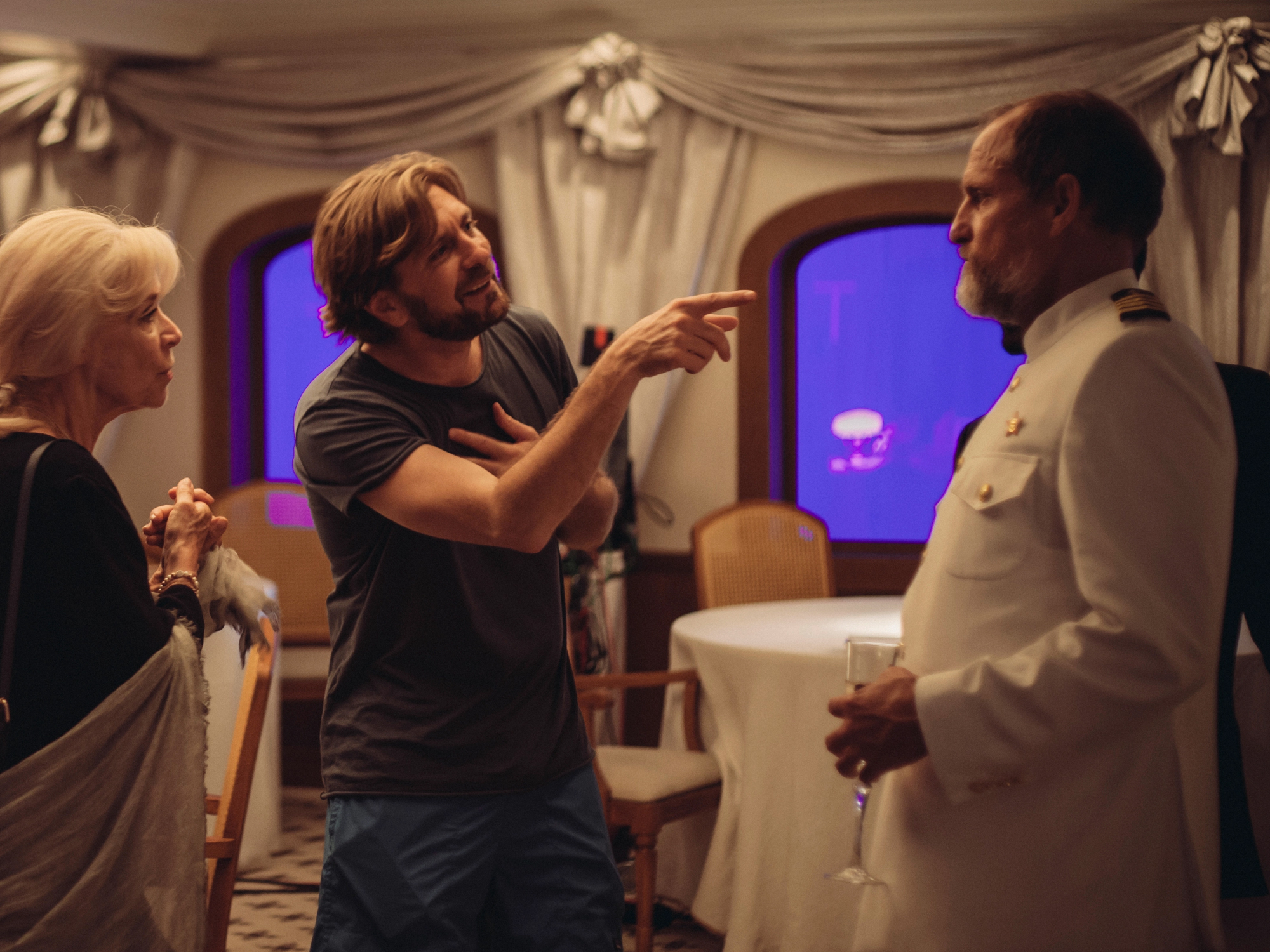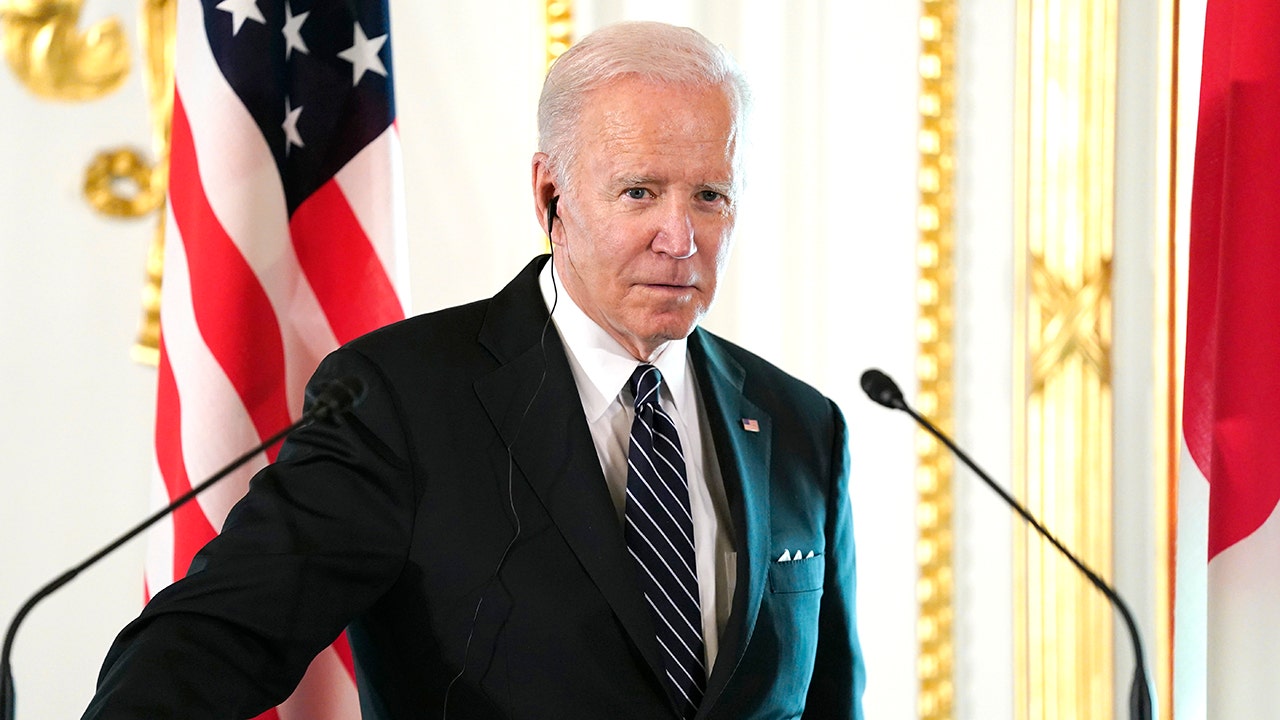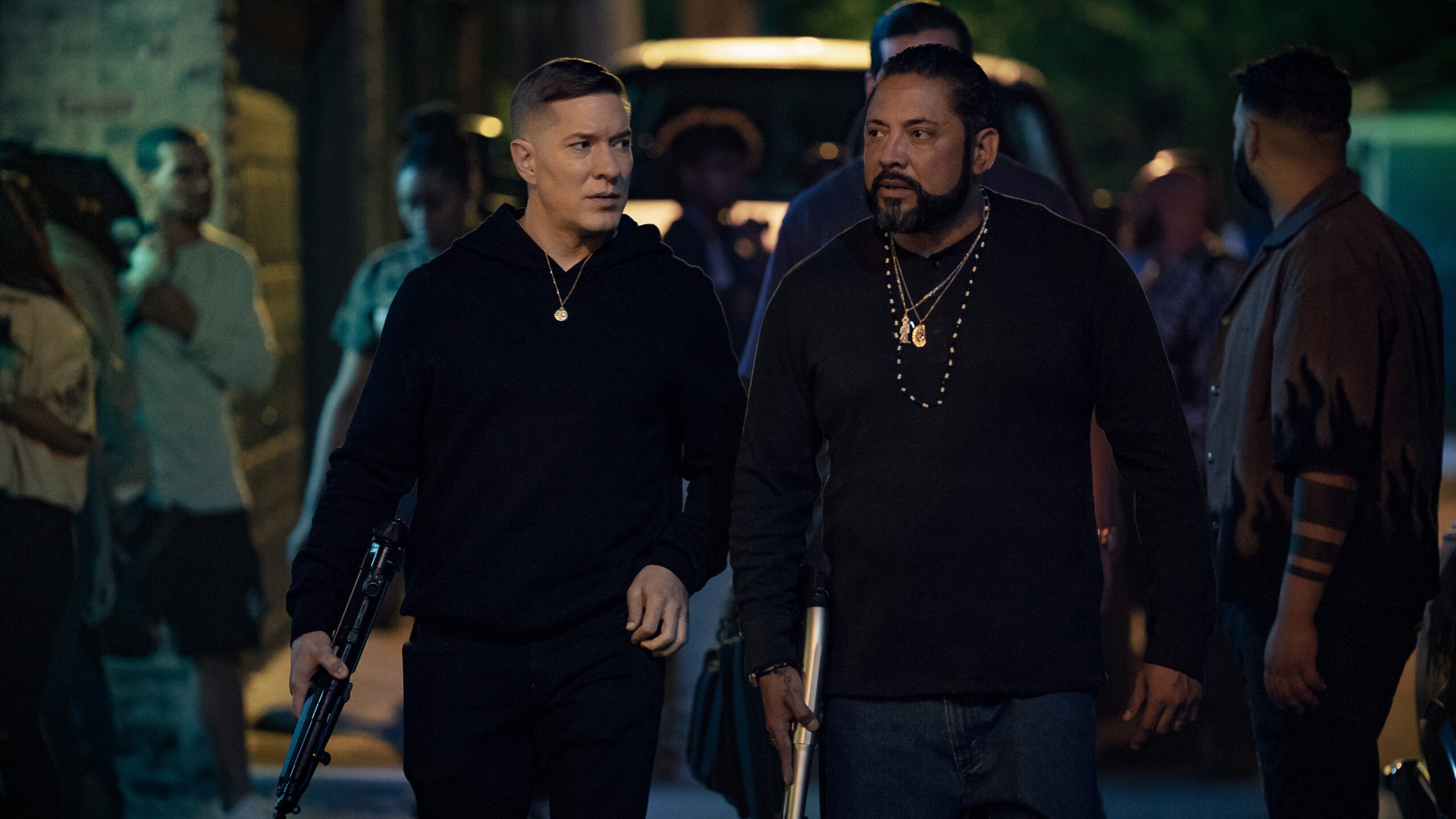Film festivals tend to have program guides and those program guides tend to have blurbs describing the individual movies, and I generally only read those descriptions when I’m on the ground at a festival trying to make a last-second decision on my next screening.
I accidentally read the Tribeca Film Festival description for Jon Kasbe and Crystal Moselle’s documentary Sophia and, I have to admit, my eyebrow raised. The description refers to Sophia as “inspiring, kinetic and soulful storytelling: an uplifting film about what it means to be & feel human.”
Sophia
The Bottom Line
Profoundly unnerving, though that may or may not be intentional.
The documentary I watched, one already ticketed for a Showtime premiere after an intended theatrical release, was a ruminative nightmare — a free-floating and non-judgmental piece of storytelling about the collective loss of humanity on the eve of the COVID-19 outbreak, a hypnotically insinuating warning about an alienating future that we’re clearly not ready for.
Now, don’t get me wrong. I’m a sucker for polysemic texts, ones in which the storytellers leave room for multiple interpretations and let viewers fight over meaning, or even ones in which the storytellers clearly mean one thing but a smart reading takes it someplace completely different. I don’t have a clue how Kasbe and Moselle intend Sophia to play. Maybe the blurb is right! I only know that I thought it was 89 minutes of deeply uncomfortable, viscerally infuriating cinema, like a real-life version of an Alex Garland movie, and I appreciated how effectively the synthetic tale got under my very real skin. I might just need to be cautious around anybody who finds Sophia uplifting or inspiring, but they should be equally cautious around me.
Sophia is the story of David Hanson, founder of Hanson Robotics and inventor of Sophia, a robot designed either as a vehicle for artificial intelligence or as a mimic for human intelligence and human behavior. And if you think those are very, very different things and want somebody to get irritated at the conflating of the two, Kasbe and Moselle’s mostly fly-on-the-wall documentary isn’t going to put its fingers on the scale. There’s nary an ethicist to be found.
As we begin, in an oddly unspecified year, Sophia is a long distance from the thing that Hanson has promised his investors, and those investors are beginning to lose confidence. Sophia is a rubbery head prone to inadvertent muscular responses, as likely to sit silently or respond in non-sequiturs as she is to appropriately answer a question at the events Hanson keeps taking her to in hopes of drumming up more money or reshaping public perception. We start with kids at one of those events discussing the Terminator and, sometime later, we see Jimmy Fallon bantering banalities with a much-improved Sophia, though Jimmy Fallon would probably attempt to play stupid games with the Terminator if they crossed paths.
Is the thoroughly inscrutable David Hanson a genius or a charlatan? Well, if he’s a charlatan, the pursuit hasn’t been lucrative for him, and the life he’s living in Hong Kong with his wife, son and sickly mother isn’t luxurious. But by the end of the documentary, he’s become much more successful in part thanks to an interest in NFTs, and I can paint no clearer picture of the entire endeavor than that: Sophia and the burgeoning NFT marketplace are on a similar level of authenticity; I’m betting that if you’re inspired by one, you’ll be inspired by the other, and if you’re unnerved by one, you’ll be unnerved by the other.
Sophia, as a documentary, is a nightmare, but it’s a dreamy nightmare. Kasbe and Moselle let scenes play out in relaxed fashion, with no cynical editing or confrontational judgment. Is it disturbing that Hanson is playing God, while at the same time repeatedly comparing his creations — there are multiple Sophias, even if Hanson and Sophia herself treat them as a singular entity — to Disney animatronics? The film takes no side. Is it even more disturbing when Saudi Arabia grants Sophia citizenship in a country in which actual flesh-and-blood women suffer from a deficit of rights? Well, at least the documentary acknowledges that’s weird.
After 90 minutes of this, I don’t understand anything about the technology Hanson is working with or his scientific process, but a true believer in his brilliance would tell me that I don’t understand God’s process either.
The documentary has an eerie and artificial beauty that echos that of Hanson’s creation, with her increasingly soft skin and her increasingly expressive features. Kasbe and Moselle even film Sophia like a person, capturing her responses in close-up, even when there are no responses to be captured. I think they know this whole thing is bizarre or maybe they’re completely enthralled.
When Sophia reaches 2020 and the world is shutting down for COVID, the documentary hints at the benign hope and comfort an AI companion might have offered lonely people. It’s poignant because of that potential and the contrast with the reality of David laying off even his most dedicated employees, whose ability to believe in this scruffy God or con man is no longer enough to sustain them. It’s not the least bit inspiring. It’s sad. Or maybe the inspiration is how far short we are of Hanson’s ostensible goals, how irreplaceable and unreproducible human consciousness actually is?
I truly don’t know.

